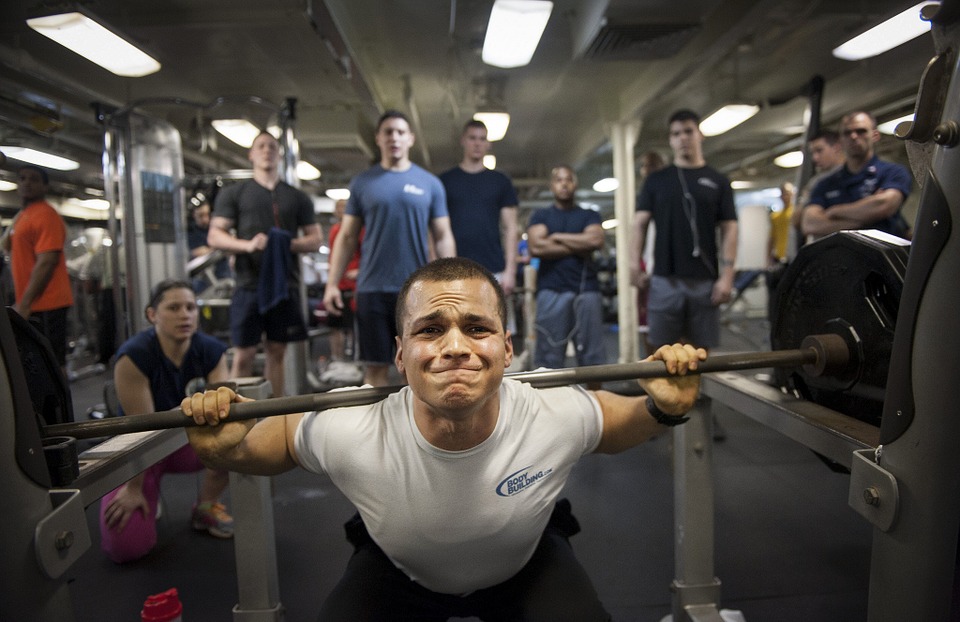Michael asks an important questions:
Have been engrossed in Mental Muscle for several days (not finished) and am trying to set anchors. there is so much to remember!! Been listening to your tape on strength so my visualizations are of the three primary lifts in powerlifting. I have used visualization for used visualization for years, now I can do it correctly. At any rate, I have used visualization along with an anchor to turn up my strength. When I am going for a pr my anchor is to say lets dance which I have visualized as my cue to instantly turn up my strength a notch or two (like your dial). I actually went for a pr last sat with this method and hit it!! Didn’t exactly feel the surge of strength, but hit my 6th rep with relative ease. Please give me some feedback especially about the anchor. You may cover this and I haven’t gotten tom it yet, but what do you do or how do you approach failure. Just keep trying or what. I have gone into many a lift knowing I had it and failed for no good reason.

When it comes to failure with anchors, the answer on what I do is it depends.
If it is a well established anchor that has lots of success under it’s belt, then I just shrug it off, and move forward.
If it is early in an anchoring process, and I’m anchoring to be successful in a specific lift for instance, but then I fail with it, I would likely scrap the anchor and start fresh again.
As for what I do about failure in general, here are a few points.
One of the NLP maxims is “There is no failure, only feedback.”
In my mind, the only way you can actually truly fail is to give up. But of course, even that has it’s time and place.
I don’t “train to failure” so that doesn’t often happen.
But if I miss a lift, it’s no big deal. It happens.
If it bugs me then I’ll do some hypnosis , or tapping, or belief processes, or visualization, or something around the process until it no longer bugs me.
If I “failed” I also look at why I failed, and what I can learn from it so that I do better next time.
This analysis of your weak points can be very illuminating.
But I do not dwell on failing.
Instead, I look at what I need to do moving forward and keep my eye on my goals.
That is how I approach failure.
And that is what I would recommend you do as well.
